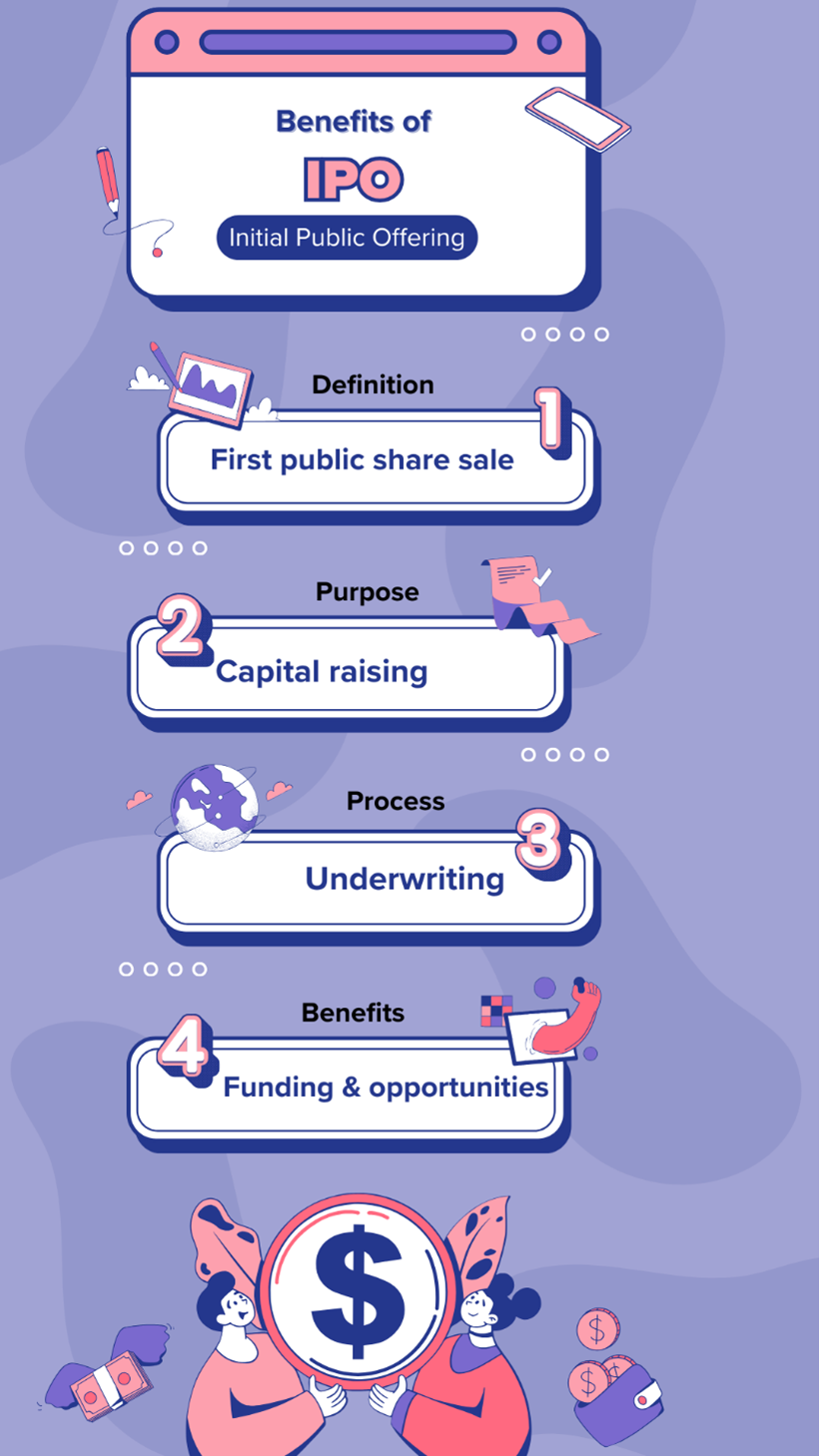List of Services
-
List Item 1 Write a description for this list item and include information that will interest site visitors. For example, you may want to describe a team member's experience, what makes a product special, or a unique service that you offer.
Item Link List Item 1 -
List Item 2 Write a description for this list item and include information that will interest site visitors. For example, you may want to describe a team member's experience, what makes a product special, or a unique service that you offer.
Item Link List Item 2 -
List Item 3 Write a description for this list item and include information that will interest site visitors. For example, you may want to describe a team member's experience, what makes a product special, or a unique service that you offer.
Item Link List Item 3 -
List Item 4 Write a description for this list item and include information that will interest site visitors. For example, you may want to describe a team member's experience, what makes a product special, or a unique service that you offer.
Item Link List Item 4
New Paragraph
New Paragraph
New Paragraph
Introduction
Hello everyone, welcome to my blog post to know what is an IPO. Recently, there has been a surge in the number of IPOs, prompting many questions about them. Today, we'll answer some of these questions in this special Q&A blog post.
What is an IPO?
Question 1: Can you explain the meaning of IPO?
An IPO, or Initial Public Offering, is when a company offers its shares to the public for the first time. This allows the company to raise additional funds for purposes such as expanding the business, increasing working capital, or repaying debts. It opens the door for various investors, including individuals like you and me, banks, and large financial institutions.
How to Track IPO Subscriptions?
Question 2: How do we know how much an IPO is subscribed on the last day?
To track IPO subscriptions, you can use websites like Chittorgarh.com. For example, if you look at the subscription details of Ujjivan Small Finance Bank, you can see daily subscription updates and the total demand for shares.
Are Promoters Using IPO Funds to Pay Off Debts?
Question 3: Are promoters using IPO funds to pay off bad debts, and is this a risk?
Using IPO funds to pay off debts is not necessarily a bad thing. If a company has good operating profits but high interest payments, reducing debt can improve profitability. Therefore, paying off debt with IPO funds can be a strategic move to enhance financial health.
Why Are Promoters Selling Their Stake?
Question 4: Why are promoters selling their stake, and is it a risk factor?
Promoters selling their stake is not inherently negative. It can happen due to regulations that limit the percentage of shares they can hold. Additionally, selling shares can help bring more investors into the company, increasing its capital and market presence.
Can You Sell IPO Shares on the Listing Day?
Question 5: Can we sell allotted stocks on the listing day?
Yes, you can sell your IPO shares on the listing day as there is no lock-in period for retail investors. However, anchor investors, who are significant investors in the IPO, have a lock-in period and cannot sell their shares immediately.
What is HNI Category?
Question 6: What is the HNI category, and does it increase the probability of getting an IPO?
The HNI (High Net Worth Individual) category is for investors who wish to invest more than ₹2 lakh in an IPO. While it allows for larger investments, it does not necessarily increase the probability of getting an allotment due to high demand in this category.
IPO vs. Share
Question 7: What are the advantages and disadvantages of IPO vs. shares?
An IPO offers the opportunity to invest in a company's shares for the first time, often at a favorable price. Successful IPOs can provide significant short-term gains. Investing in shares in the secondary market may not yield immediate returns but can be a safer long-term investment.
Upcoming IPO 2024-25
Question 8: Which IPO is launching in 2024-25?
Different types of upcoming IPOs will be listed in 2024-25. Some of them are as follows: Indegene Ltd IPO, Aadhar housing Finance IPO, TBO Tek IPO, Ola IPO, Snapdeal IPO, Fabindia Limited IPO, MobiKwik IPO, Ixigo IPO, Go Airlines IPO etc.
Building Issue
Question 9: What is a book building issue, and what are the other types of IPO issues?
A book building issue involves merchant bankers (consultants) determining a price band for the IPO based on market demand. Investors then bid within this band, and the final price is set based on these bids. Another type of IPO issue is a fixed price issue, where the company sets a specific price for the shares.

All Rights Reserved | Sandy Learning Hub
Powered by Yectra